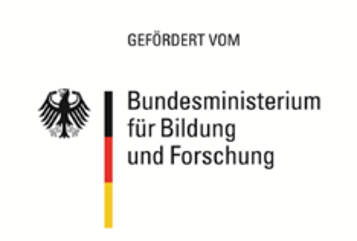Literatur zur Krisenkommunikation
Psychology and politics of COVID-19 misinfodemics: Why and how do people believe in misinfodemics?
Beschreibung
Misinfodemics related to COVID-19 have negatively impacted people’s lives, with adverse health and psycho-sociopolitical outcomes. As the scientific community seeks to communicate evidence-based information regarding misplaced preventive strategies and misinformed help1seeking behaviors on global multifaceted systems, a secondary risk has emerged: the effects of misinfodemics on the public. Published articles on PubMed, EMBASE, Google Scholar and Elsevier about COVID-related misinfodemics have been considered and reviewed in this article. This review examines the mechanisms, operational structure, prevalence, predictive factors, effects, responses and potential curtailing strategies of misinfodemics of COVID-19. The present article shows that the popular variants of COVID-19 misinfodemics could be the joint product of a psychological predisposition which is either to reject information from experts or perceive the crisis situation as a product of misinfodemics mechanisms and partisan ideological motivations. The psychological foundations and political disposition of misinfodemics have implications for the development of strategies designed to curtail the negative consequences on public health.
Erschienen
2021
Themen
Krisenkommunikation
Autor*innen
Mukhtar, Sonia
Zeitschrift
International Sociology
Band
36
DOI
10.1177/0268580920948807
